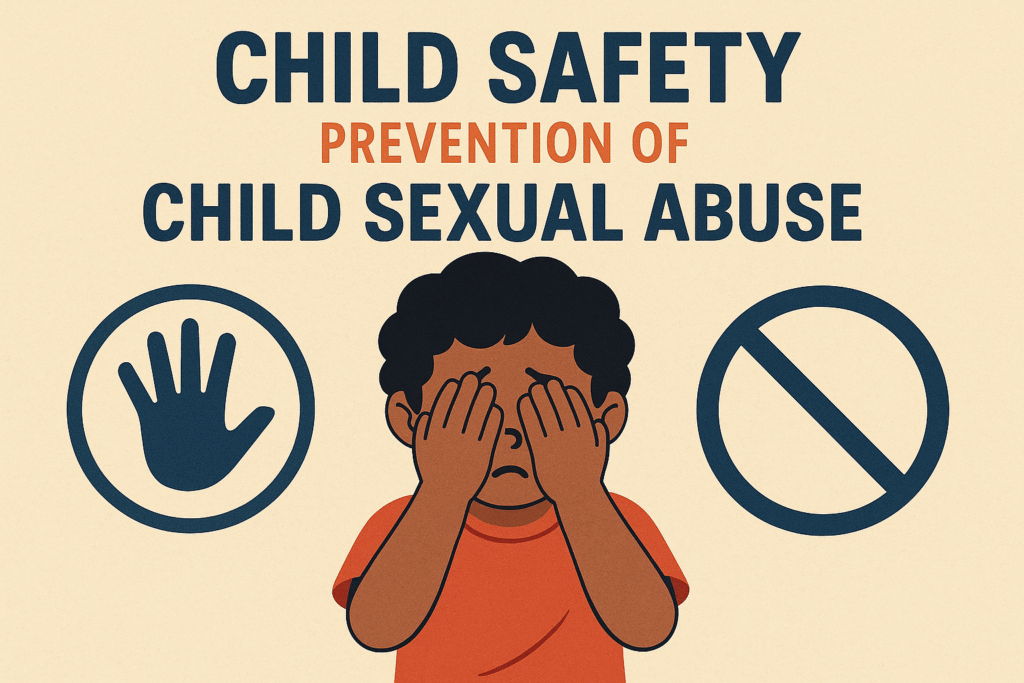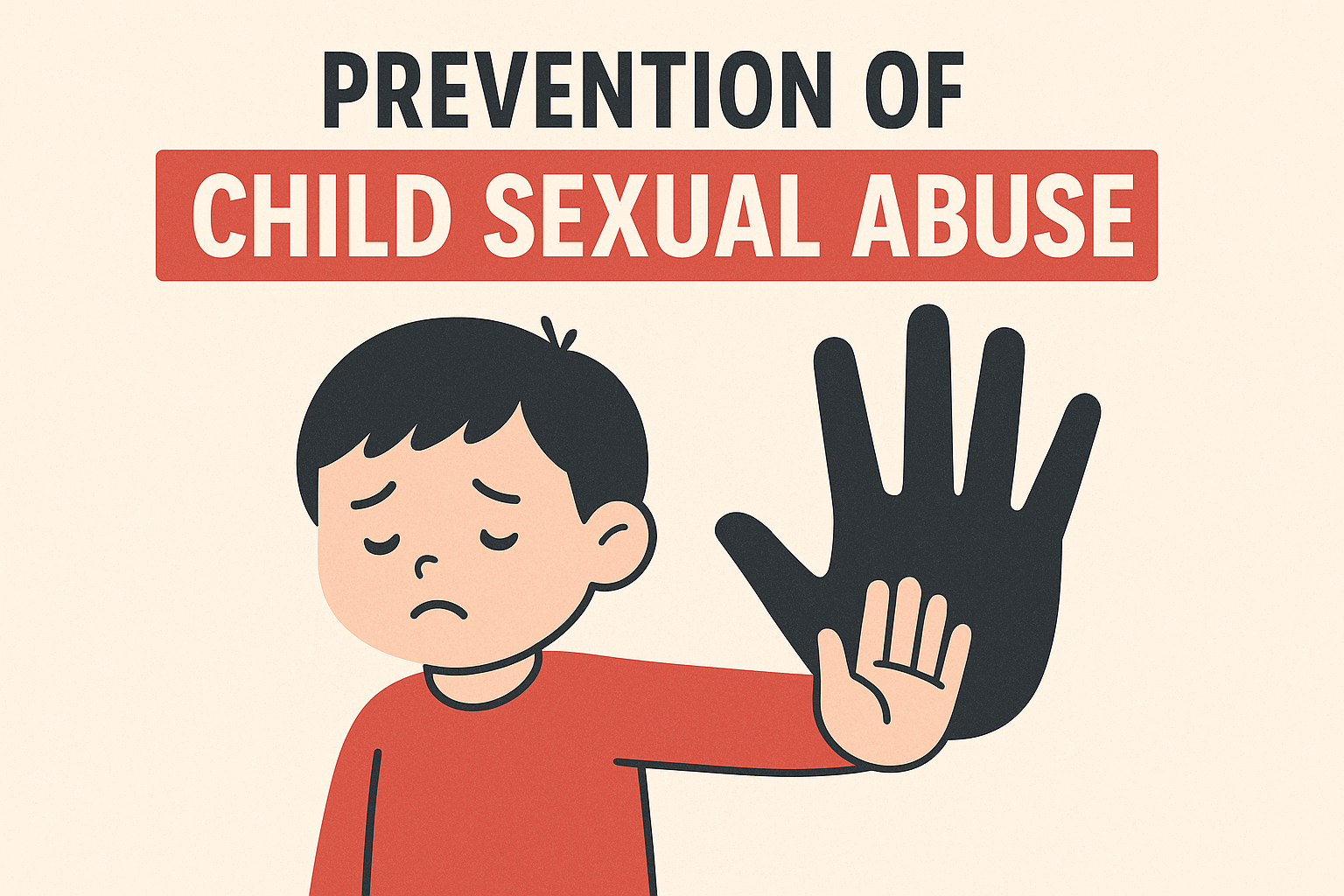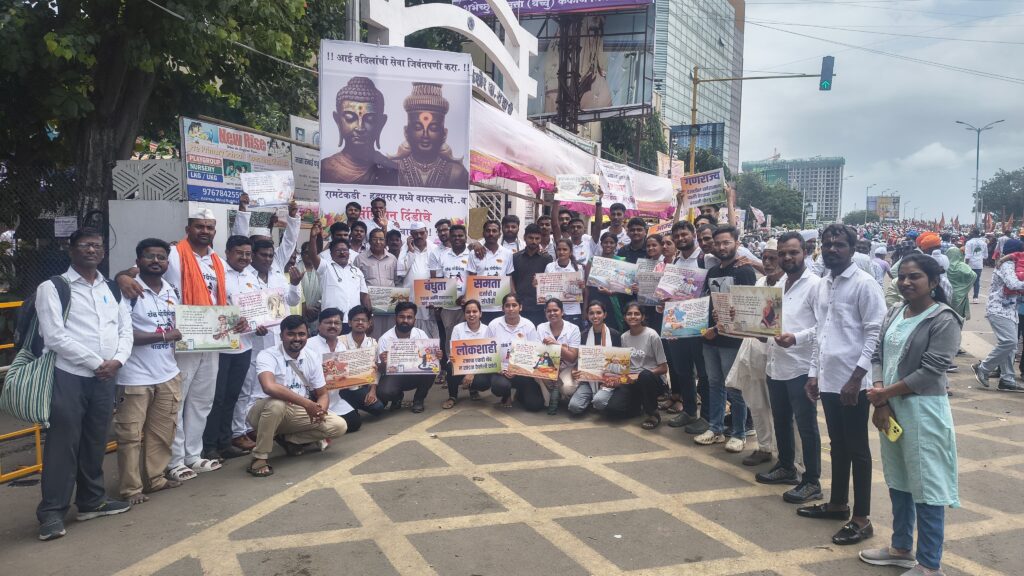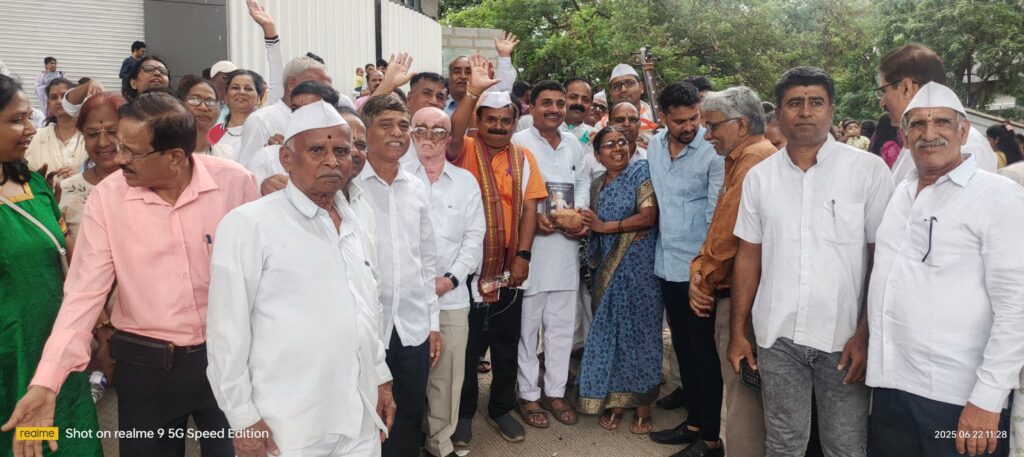Garima Kaushiki | 19th August 2025
Seven-year-old Aarav (name changed) was the kind of child whose endless chatter filled his classroom with warmth. But one morning, his teacher received an unusual complaint: Aarav was “talking about things children shouldn’t know.”
Concerned but unsure how to respond, the teacher referred him to the school counsellor — a step that should be as routine as calling the counsellor, yet in India remains the exception rather than the norm. What followed revealed not only the importance of counsellors in schools, but also the staggering risks children face when that safety net is missing.
Aarav’s Story
In private sessions, the counsellor realised Aarav’s words were not simply make-believe. They were fragments of experiences no child should carry. His mother was bewildered — Aarav neither owned a phone nor had internet access at home.
After days of patient, non-judgmental conversations, the truth emerged: during Aarav’s daily school bus rides, the conductor had been showing him explicit videos on a mobile phone, hidden from the driver’s view. Too young to understand, Aarav began repeating what he saw to his friends as if it were ordinary conversation.
The counsellor’s timely intervention led to swift action. The conductor was removed, authorities informed, and legal proceedings launched under the Protection of Children from Sexual Offences (POCSO) Act. Aarav and his family were given psychological support, and slowly, the boy returned to crayons, cartoons, and childhood innocence.
Aarav was fortunate. His school had a counsellor who noticed the signs and acted. But across India, millions of children are not so lucky.

The Child Safety Gap
The Central Board of Secondary Education (CBSE) mandates that every affiliated school must appoint a full-time counsellor and a special educator. Yet, surveys reveal that only 3% of CBSE schools comply. Most leave the role vacant or hand it to teachers untrained in child psychology.
This neglect has real consequences. According to the National Crime Records Bureau (NCRB), 1.67 lakh cases under POCSO were registered between 2019 and 2023 — and experts believe many more go unreported. Children rarely have the words to describe abuse. Instead, they express trauma through behaviour: sudden withdrawal, aggression, loss of interest in play, or a decline in studies. In the absence of counsellors, these signs are misread as “bad behaviour” and punished, compounding the harm.
Consider these numbers:
- 3% — CBSE schools with a full-time counsellor.
- 40% — Abuse survivors who first disclose to a teacher, but often go unheard without trained staff (UNICEF).
- 2.2 crore — Children in India estimated to need psychological support at any given time (National Mental Health Survey).
Behind these figures are children like Aarav, whose safety depends on whether a school chooses compliance over convenience.
Why Counsellors Are Essential?
Child psychologists stress that the school years are a critical window for emotional and social development. Abuse and trauma, if undetected, can alter this trajectory permanently.
- A trained counsellor does far more than respond to crises. Their role includes:
- Early Detection — spotting red flags before harm escalates.
- Safe Space — providing confidentiality and trust, so children dare to speak.
- Crisis Response — coordinating with authorities during incidents.
- Prevention Education — teaching boundaries, digital safety, and resilience.
Research consistently shows that emotional distress directly impacts academic performance. Trauma disrupts memory, focus, and problem-solving. Protecting children emotionally is inseparable from educating them academically.

Why Schools Resist?
When asked why they don’t hire counsellors, many schools cite budget constraints. Others claim teachers or principals can “double up” in the role. Both arguments collapse under scrutiny.
The cost of one counsellor is negligible compared to the human, legal, and reputational damage caused by a single undetected case of abuse. And counselling is not a skill one can improvise — it requires professional training, postgraduate qualifications, and knowledge of child protection laws. To pretend otherwise is to endanger children.
What Must Change
If India is serious about protecting its children, the system must move beyond hollow mandates. Change will require:
- Strict Compliance Audits — surprise inspections and penalties for schools without counsellors.
- Shared Counsellor Networks — smaller schools can pool resources to employ professionals.
- Teacher Training — equipping educators with basic detection and referral skills.
- Parent Advocacy — parents must demand counsellors as essential, not optional.
- Community Awareness — normalizing child mental health support to reduce stigma.
A Call to Action
Aarav’s father, still shaken, put it simply: “If the counsellor hadn’t spoken to him that day, I don’t know when we would have found out. I can’t imagine how much worse it could have become.”
Every day a school operates without a counsellor, it gambles with its students’ safety. Child protection cannot be treated as an “add-on” to academics. It is the foundation of a safe, humane, and effective education system.
Counsellors are not a luxury. They are lifelines. And until every Indian school acknowledges this, millions of Aaravs will remain unprotected, their childhoods vulnerable to preventable harm.
Action Box: Warning Signs Parents Should Never Ignore
- Child psychologists say children often communicate distress through behaviour, not words. Look out for these red flags:
- Sudden Behaviour Shifts — withdrawal, irritability, or aggression.
- School Performance Drops — loss of focus, unexplained decline in grades.
- Unusual Knowledge or Language — sexual terms or concepts beyond their age.
- Sleep & Appetite Changes — nightmares, bedwetting, insomnia, loss of appetite.
- Avoidance Behaviour — reluctance to attend school, buses, or activities.
What Parents Can Do?
Parents must respond to signs of distress with composure, listening carefully and without judgment. Rather than pressing children for details, which may heighten trauma, the matter should be referred to trained professionals such as school counsellors or child psychologists. It is also essential to document troubling behaviours or statements as evidence for timely intervention. The sooner professional support is sought, the faster the recovery — and the greater the protection of the child.
Garima Kaushiki is a media researcher and writer with a focus on education, child rights, and mental health. She combines data-driven insights with human stories to highlight systemic gaps and advocate for meaningful change.



